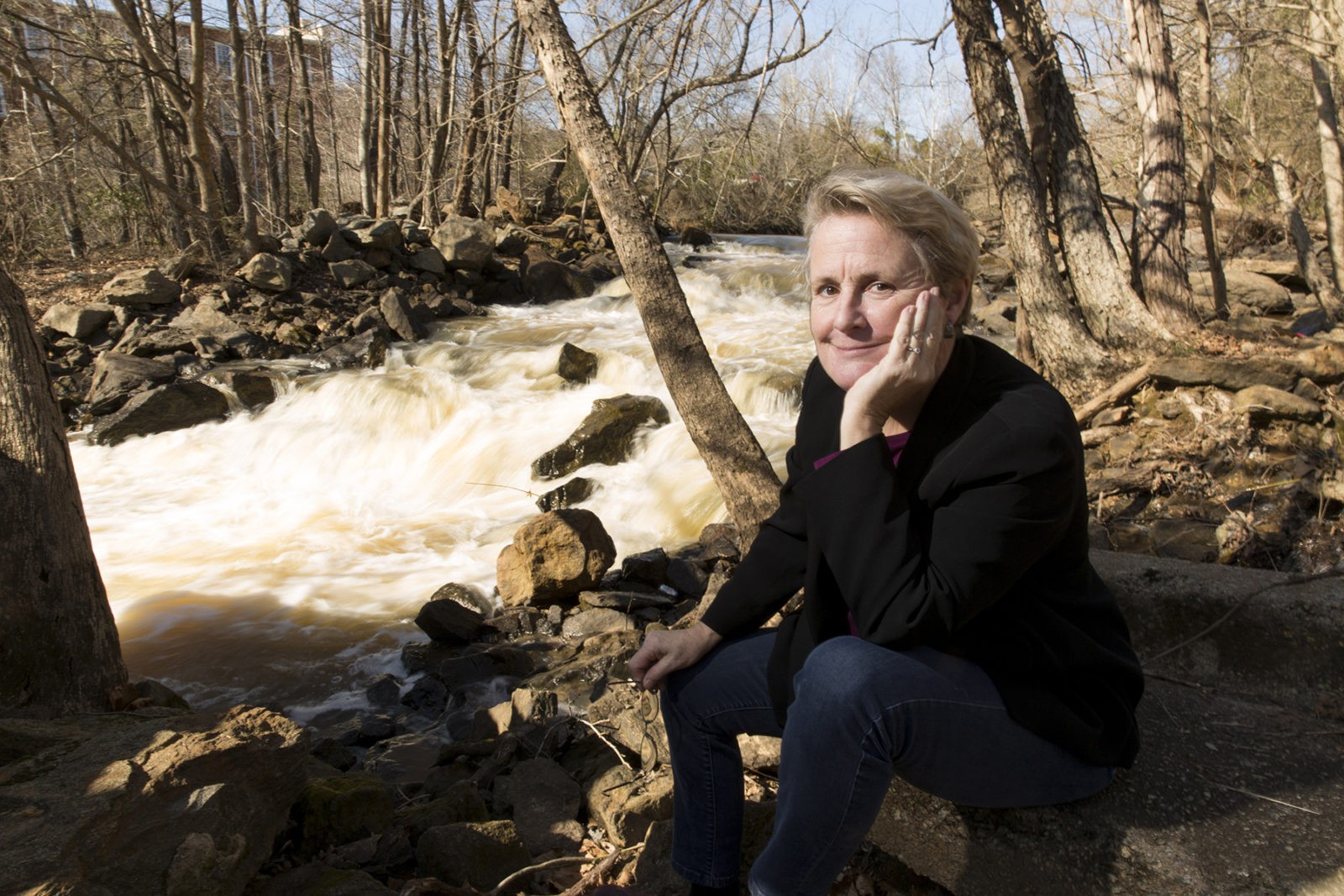Athens, Ga. – Catherine Pringle, Distinguished Research Professor in the University of Georgia Odum School of Ecology, has been named a Fellow of the Ecological Society of America. ESA Fellows, who are appointed for life, are selected in recognition of outstanding contributions to the advancement or application of ecological knowledge. Pringle is the eighth current or former Odum School faculty member so honored.
Pringle was elected for “contributions to understanding stream ecosystems through the perspective of leading long term research from tropical to temperate systems and sustained mentoring to generations of students in aquatic conservation ecology,” according to the announcement from ESA.
This year’s class of Fellows also includes UGA alumnus Gordon Bonan, senior scientist with the National Center for Atmospheric Research in the department of climate and global dynamics, who received his master’s degree in forest resources in 1984. Bonan was elected for “research linking terrestrial ecology with atmospheric science and enabling pioneering contributions to the quantitative understanding of how ecological processes operating at small scales can collectively influence Earth’s climate.”
In addition, UGA faculty member James Beasley and alumna Erin Mordecai were selected as Early Career Fellows in recognition of advancing ecological knowledge and showing promise of continuing outstanding contributions. Early Career Fellows are elected for a term of five years.
Beasley, an associate professor in the Warnell School of Forestry and Natural Resources and the Savannah River Ecology Laboratory, was elected for “outstanding contributions internationally in applied ecology through his research in invasive species ecology, carnivore ecology, scavenging ecology, and wildlife population ecology in landscapes abandoned following nuclear accidents.”
Mordecai, an assistant professor in the Stanford University department of biology who received her bachelor’s degree in ecology in 2007, was elected for “advancing understanding of infectious disease dynamics in a changing world through her work on how pathogens maintain species diversity in natural communities and how climate and land use change affect the dynamics of vector-borne disease in humans.”

